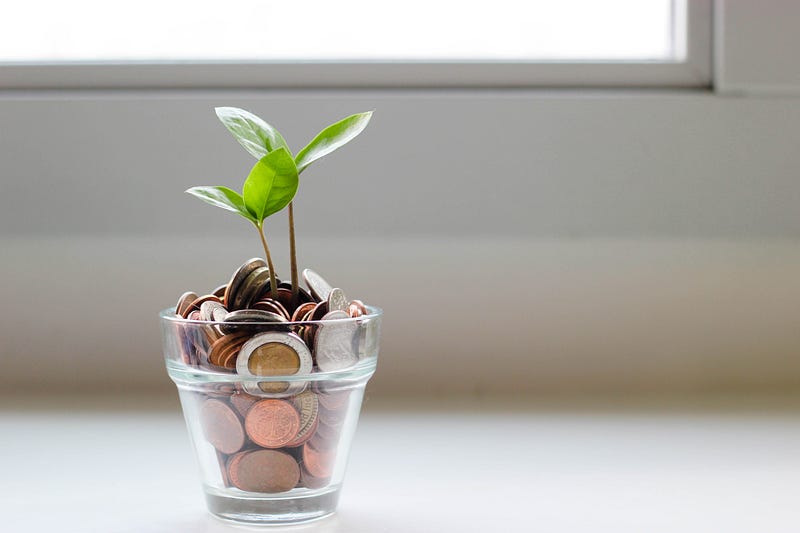On the concept of the emotional bank account and the importance and the tactics of keeping your word

Photo by Visual Stories || Micheile on Unsplash
The single most important thing each of us has in our lives is our relationships. This is true at home, in our communities, and in our work — whatever that work may be.
And though you may not think of it often, your relationship with yourself is just as important as your relationships with others — if not more so. And the very foundation of any of those relationships is trust.
Without trust, there is no strength in the relationship, and you can’t build anything upon it. You need to trust the people you live and work with; and they need to trust you. You also need to trust in yourself.
Keep Track of Your Commitments
Trust is built by honoring commitments. It’s eroded by breaking them. So the most important kind of work each of us does is to keep track of, communicate about, and work on meeting our commitments.
All of the talk about project management, task lists, and managing your email inbox — it’s not just nerdy productivity stuff. It’s the way you manage your commitments — the currency of your life’s important relationships.
Keeping track of your projects and tasks, and setting aside time to strategize about which ones to meet and which not to — it’s not the work of a select few. It’s literally the work of living life. The less thoughtful you are about what you commit to, the less likely your commitments carry weight with others. And if your commitments are basically meaningless, chances are, your relationships are suffering because of it.
The Emotional Bank Account
In The 7 Habits of Highly Effective People, Stephen Covey talks about trust in terms of deposits and withdrawals in a bank account.
If I make deposits into an Emotional Bank Account with you through courtesy, kindness, honesty, and keeping my commitments to you, I build up a reserve. Your trust toward me becomes higher, and I can call upon that trust many times if I need to. I can even make mistakes and that trust level, that emotional reserve, will compensate for it. My communication may not be clear, but you’ll get my meaning anyway. You won’t make me “an offender for a word.” When the trust account is high, communication is easy, instant, and effective.
Notice how Covey describes trust. It’s not merely a good feeling to have; it’s essential. It’s the fuel for achieving goals, for pushing through obstacles, and for growth.
When you live and work with people you trust, things are easier. You don’t have to worry, follow-up constantly, or do a bunch of damage control when things are done late or poorly. The same is true for others. When others can trust you to meet your commitments, it takes the burden off of them. It helps them trust and respect you more. It secures solid relationships.
That frees up everyone to focus on bringing value in their own unique ways — which is where we find the magic of life and work. When enough of that exists in our relationships, there’s no limit to what it can achieve.
The Most Important Relationship in Your Life
I would be remiss if I didn’t re-emphasize a point I made earlier: the most valuable and long-standing relationship you have is the one you have with yourself. It may sound weird, but it’s absolutely real.
People who have healthy self-confidence and manage stress well often have those abilities because they trust themselves. They realize that the commitments they make to themselves should be honored in the same way as those they make to others. They don’t consistently tell themselves they’re going to do something unless they truly intend to make it happen. As a result, they become confident, and bring that confidence to the commitments they make to others.
All this is to say, be mindful of the commitments you make to others. Do your best to keep them, or to proactively renegotiate them with the people you made them with. But don’t forget to also do this with yourself.
Make it a habit to write down your commitments to yourself, and treat them the same way you would treat your commitments to others. Whether it’s to work out 3 times a week, reduce your sugar intake, or spend X hours of quality time per week with family — make the commitment and hold yourself to it. And let everything else go for now. Don’t beat yourself up for not committing to a million things; pick a few commitments, and go all-in on them.